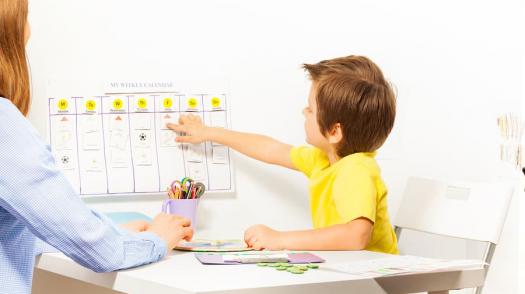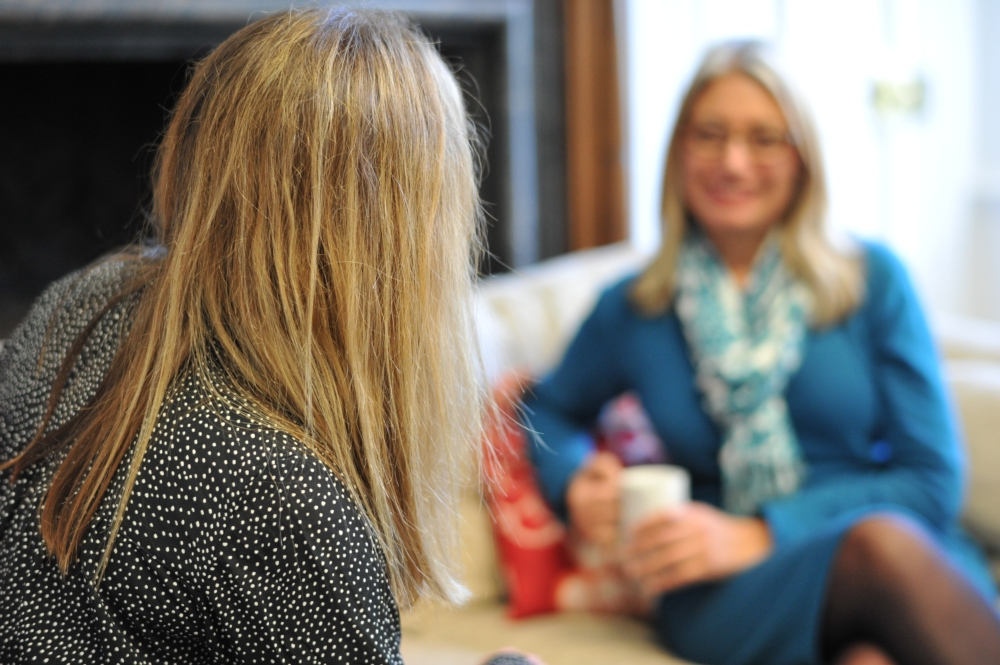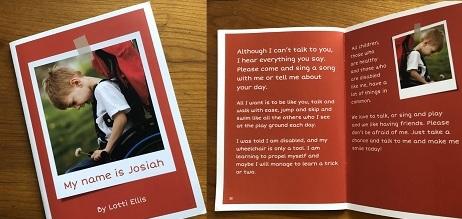Published on: 02/11/22
The following information has been provided by Christine Thornley, Tax, Trusts and Estates Partner at Irwin Mitchell.
What happens if I don’t have a will?
If someone doesn’t leave a will, the intestacy provisions are used. This set of rules dictate who is entitled to benefit from the estate and at what age. They are based purely on the structure of the person’s family at the time of their death.
For example, if you had a married couple with two children then the surviving spouse would receive all assets the couple held as joint tenants – along with £270,000 of other assets. The remainder will pass as 50% to the children (accessible at 18 years old) and the other 50% to the spouse.
This may seem like a lot but if the house is in the deceased’s sole name it may not provide adequate provision for the spouse. There may be unnecessary inheritance tax to pay and, most importantly when there are children with additional needs, the money passing directly to them will go to them outright when they reach 18. This is the case even if that child is on means tested benefits, can’t manage the money and/or lacks mental capacity.
Making a will can ensure that the assets pass in a tax efficient way and that children can be provided for without potential issues with any means tested benefits, any vulnerabilities or any disputes over capacity.
Can I just write something down and keep it at home?
If you do write something on paper at home and it doesn’t comply with the requirements of the Wills Act, it doesn’t mean anything legally. Your estate will still be distributed in accordance with the intestacy provisions.
Making a valid will ensures you decide where, when and how your assets are distributed. Using trusts can protect named beneficiaries of your will from their own vulnerabilities whilst safeguarding their means-tested benefits.
What can my will include?
Your will should include the names of who will deal with the administration of your estate (the executors), who you would like to act as guardians for any infant children, your funeral wishes, who you would like to benefit from your personal possessions and details of any specific legacies (either cash or items).
It will also include who you would like your remaining estate to pass to, in what shares, and in what manner. This can be an outright percentage as a gift, or it can be left to trusts offering flexibility and added protection for vulnerable beneficiaries. Your will can also deal with what will happen to assets should your first named beneficiaries predecease you.
What about trusts?
The use of trusts in wills are a fantastic way to provide for young or vulnerable children whilst ensuring they can still benefit from the funds in a controlled way.
A lot of families who have a child/grandchild with a brain injury want to make sure that that child can still benefit from the estate but retain their means-tested benefits and have no direct control over those funds.
In this scenario, we commonly use two different types of trusts – discretionary trusts and disabled persons trusts. Both work really well but offer different levels of flexibility and are treated differently from a tax point of view. Generally, discretionary trusts offer more flexibility and disabled persons trusts can be better from a tax point of view (depending on the value of the assets in the trust).
The type of trust most suitable will depend on your financial situation and circumstances; and it is essential that you understand the pros and cons of each type of trust so that you can make that decision.
Making a will can make a big difference to how assets are dealt with on death. It is an essential process which needs to be done properly, using experts who understand the added legal complexities when there are children with brain injuries involved.



